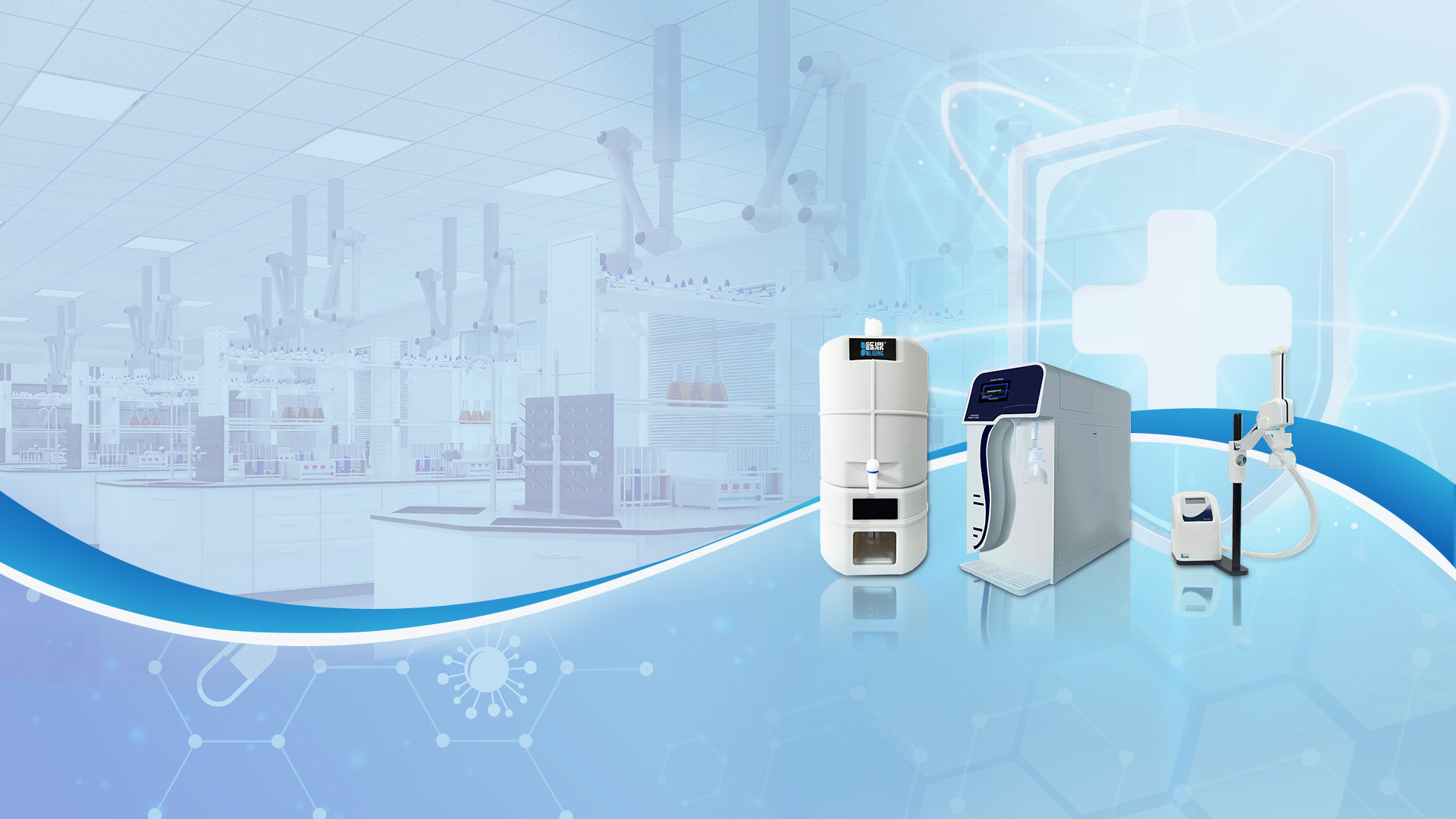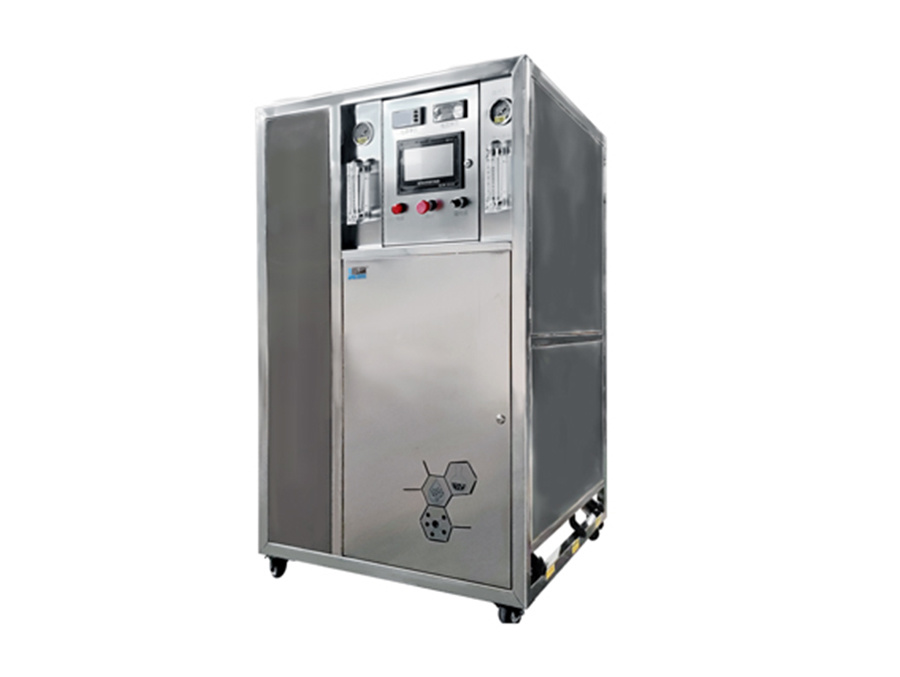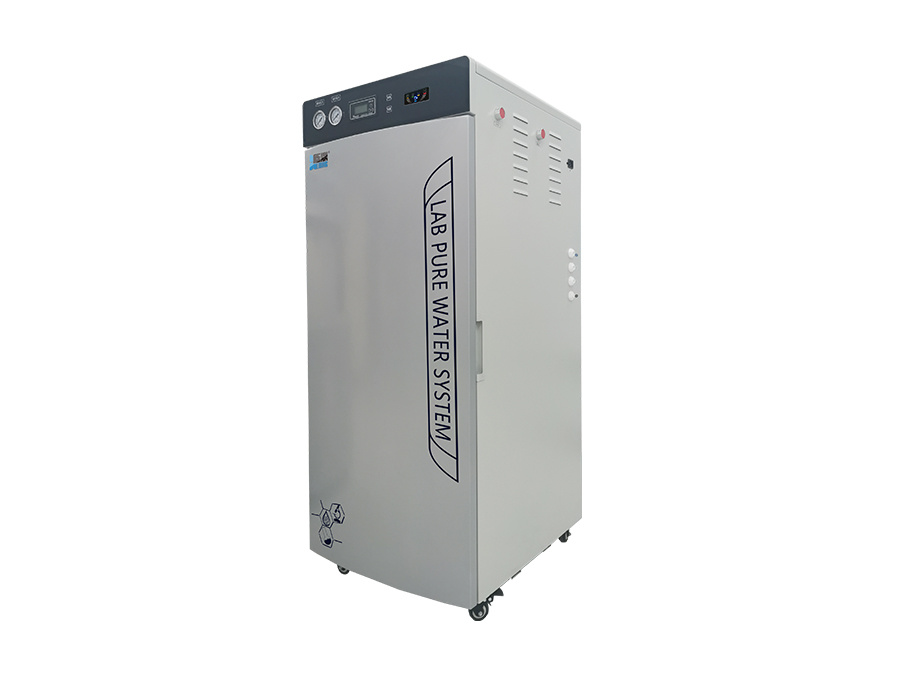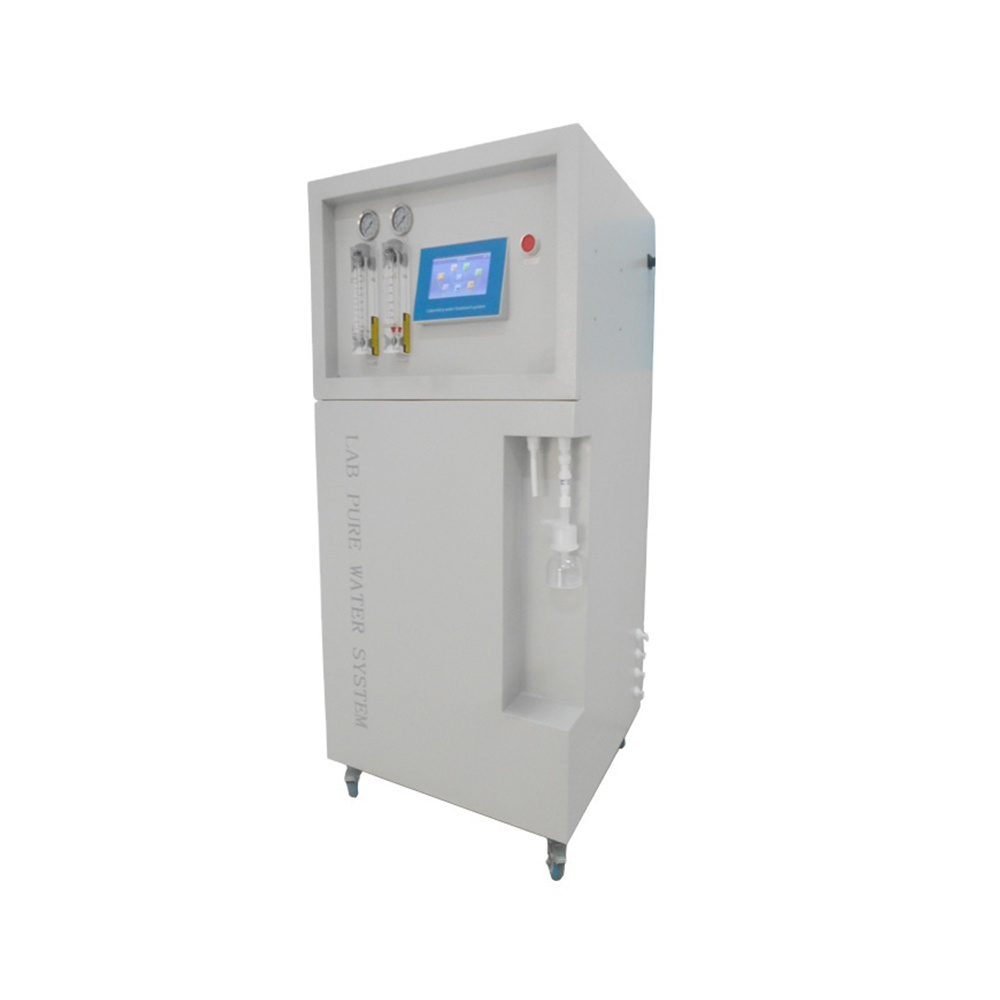Comprehensive Insights into Ultra Purified Water Systems for Industrial Applications
Time:
Oct 26,2025
Ultra purified water systems are pivotal in numerous industrial applications, particularly those that require water of exceptional purity for processes such as semiconductor manufacturing, pharmaceuticals, and food and beverage production. These systems employ advanced filtration and purification technologies to eliminate contaminants, ensuring that the water meets stringent quality standards.
At the core of an ultra purified water system is the multi-stage purification process, which typically includes pre-filtration, reverse osmosis (RO), deionization (DI), and advanced oxidation. Pre-filtration serves as the first line of defense, removing larger particulates and sediments that could hinder the performance of subsequent purification stages. The reverse osmosis stage employs a semipermeable membrane to remove dissolved solids, such as salts and various impurities, effectively reducing total dissolved solids (TDS) to minimal levels.
Once the water has undergone reverse osmosis, deionization further refines its purity by removing ionized minerals and contaminants. This process is crucial for industries where even trace amounts of minerals can jeopardize product quality. The final stage often involves advanced oxidation, utilizing technologies like UV light or ozone treatment to eliminate any remaining microorganisms, ensuring the water is not only ultra-pure but also safe for use.
The benefits of implementing an ultra purified water system are manifold. Firstly, the enhanced water quality contributes to improved product consistency and reliability. In industries such as pharmaceuticals and electronics, where precision is paramount, even minor deviations in water quality can lead to significant production issues. Secondly, these systems can optimize operational efficiency by reducing downtime associated with maintenance and cleaning of equipment, as ultra-pure water is less likely to cause scaling or corrosion.
Moreover, ultra purified water systems are designed to be energy-efficient and environmentally friendly. Many modern systems incorporate smart technologies that monitor water quality in real time, adjusting purification parameters as needed to maintain optimal performance while minimizing waste. This not only aligns with sustainability goals but also helps organizations comply with increasingly stringent regulatory requirements regarding water usage and quality.
In conclusion, ultra purified water systems are essential for industries that demand the highest standards of water quality. By understanding the components and benefits of these systems, professionals can make informed decisions that enhance their operational capabilities and product quality. Whether for manufacturing, research, or other applications, investing in an ultra purified water system is a strategic move towards ensuring excellence in industrial processes.
At the core of an ultra purified water system is the multi-stage purification process, which typically includes pre-filtration, reverse osmosis (RO), deionization (DI), and advanced oxidation. Pre-filtration serves as the first line of defense, removing larger particulates and sediments that could hinder the performance of subsequent purification stages. The reverse osmosis stage employs a semipermeable membrane to remove dissolved solids, such as salts and various impurities, effectively reducing total dissolved solids (TDS) to minimal levels.
Once the water has undergone reverse osmosis, deionization further refines its purity by removing ionized minerals and contaminants. This process is crucial for industries where even trace amounts of minerals can jeopardize product quality. The final stage often involves advanced oxidation, utilizing technologies like UV light or ozone treatment to eliminate any remaining microorganisms, ensuring the water is not only ultra-pure but also safe for use.
The benefits of implementing an ultra purified water system are manifold. Firstly, the enhanced water quality contributes to improved product consistency and reliability. In industries such as pharmaceuticals and electronics, where precision is paramount, even minor deviations in water quality can lead to significant production issues. Secondly, these systems can optimize operational efficiency by reducing downtime associated with maintenance and cleaning of equipment, as ultra-pure water is less likely to cause scaling or corrosion.
Moreover, ultra purified water systems are designed to be energy-efficient and environmentally friendly. Many modern systems incorporate smart technologies that monitor water quality in real time, adjusting purification parameters as needed to maintain optimal performance while minimizing waste. This not only aligns with sustainability goals but also helps organizations comply with increasingly stringent regulatory requirements regarding water usage and quality.
In conclusion, ultra purified water systems are essential for industries that demand the highest standards of water quality. By understanding the components and benefits of these systems, professionals can make informed decisions that enhance their operational capabilities and product quality. Whether for manufacturing, research, or other applications, investing in an ultra purified water system is a strategic move towards ensuring excellence in industrial processes.
RELATED NEWS








